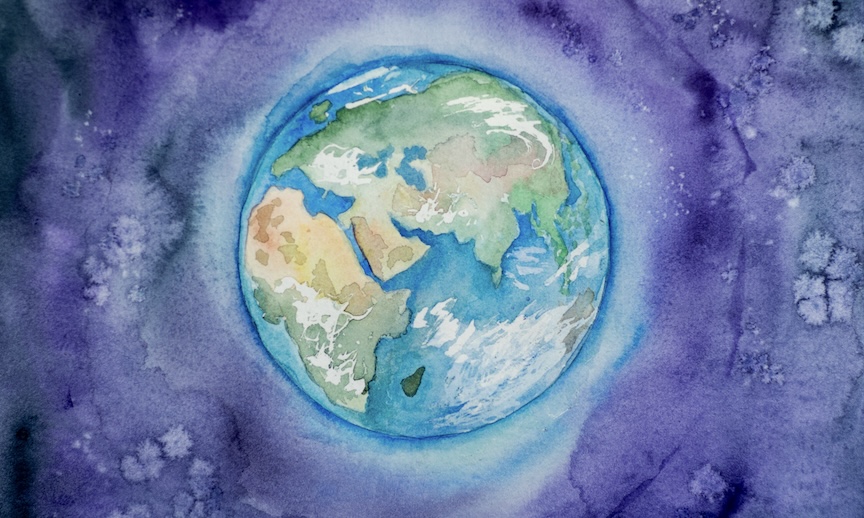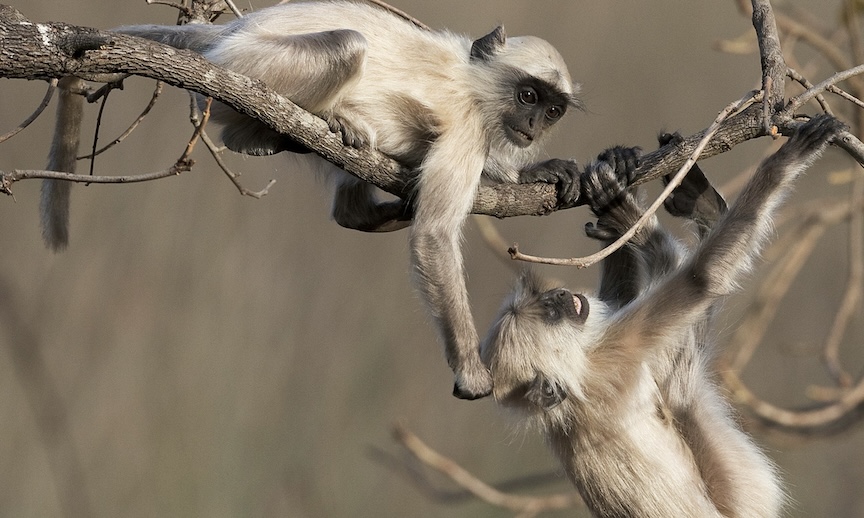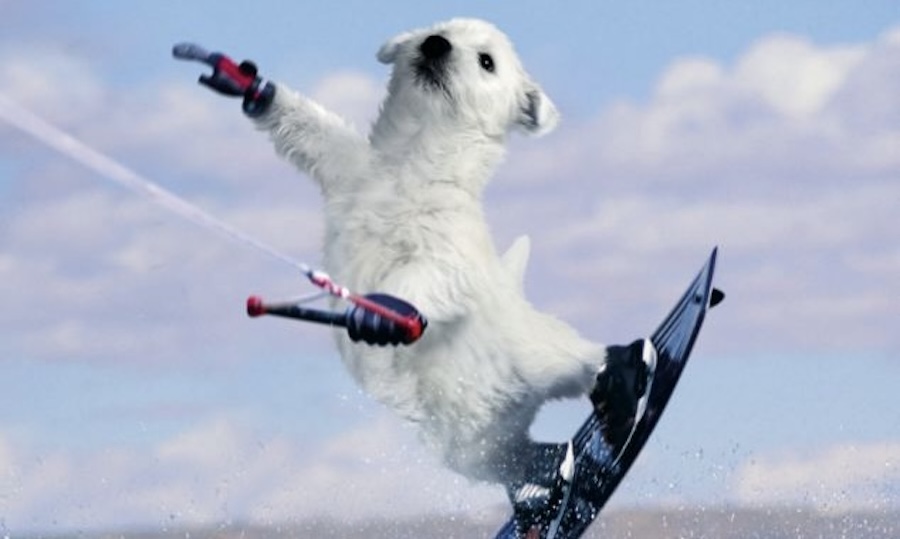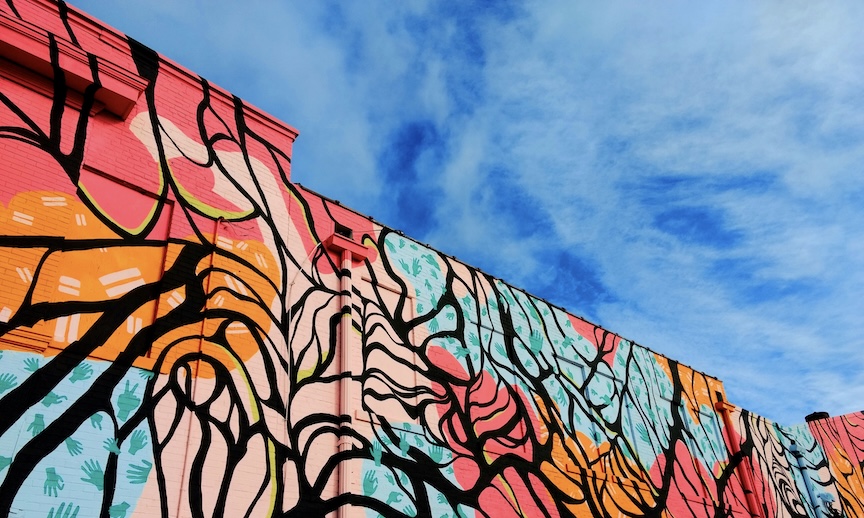WE ARE THE WORLD
It’s an interesting conundrum to recognize in ourselves both the fact that we’re constantly growing and the truth that we’re already complete. These two ideas seem pretty contradictory. Nevertheless, finding some sort of open balance in which we can include both points seems essential to mindful living.
If we emphasize only our leading edge — our plans and practices for self-improvement, everything we think we need to fix and change — this tends to put our inner critics on loudspeaker, and we perpetually undermine ourselves with feelings of deficiency and lack.
If, on the other hand, our sense of self rests too much in the unflappable satisfaction of divine perfection, the wholeness and completeness that we’ve already always embodied, then we can get stuck in a rut of denial and detachment, or in dogmatic narcissism.
We’re learning, growing, evolving, changing, actualizing all the time. Yes? I mean, I hope we are. AND, at the same time, one of the core principles of the Science of Mind is that we’re already whole, that we’ve always been complete; “There’s nothing to be healed, only truth to be revealed,” as Ernest Holmes said.
So, it’s a paradox. But I think it’s true. We become who we’ve always been. We blossom as ever-deeper expressions, more nuanced and beautifully faceted unfoldments, of that which has always existed in the Mind and Heart of the Infinite.
And the same is true of the entire blooming world. In fact, in the end, we are the entire blooming world.
This week, I watched a cool documentary — The Greatest Night in Pop, currently streaming on Netflix. Using archival footage and contemporary interviews, director Bao Nguyen revisits the creation of the 1985 global hit, “We Are the World.”
The project was the brainchild of Harry Belafonte, who had been inspired by the “Band Aid” supergroup in the UK a few months earlier, in which 37 musicians came together to record, “Do They Know It’s Christmas,” with all proceeds to go toward famine relief in Ethiopia. Belafonte thought a collaboration of American artists might be an even bigger hit. He enlisted Quincy Jones to produce. Quincy got Lionel Richie and Michael Jackson to write it. The point was raise funds, to sell as many records as possible, so they set out to assemble the biggest names they could get, from a variety of genres — pop, rock, soul, jazz, folk, and country. They recognized that this would be a logistical challenge, gathering everybody together in the same place at the same time. So they decided to do it in one night, in Los Angeles, immediately following the American Music Awards gala, since a lot of people would be in town already for that event. Forty-four artists ended up participating. Over 20 million copies of the single were sold within four months of its release. To date, it is estimated that “We Are the World” has generated over $200 million dollars for humanitarian causes.
It’s pretty amazing that they pulled it off. I was interested in the project-management aspects of it, the coordination it took, especially in the days of fax machines and mailing cassette-tape demos for the artists to listen to beforehand.
But, for me, perhaps the most fascinating and touching part of the documentary was to see the bare, raw humanity of these superstars. Music legends, at the pinnacle of their careers — starstruck by each other, and most of them painfully insecure.
Bob Dylan was a wreck. Huey Lewis was afraid he wouldn’t get the harmony right on his one-line solo. Prince was too shy and nervous to participate at all. Quincy Jones had to flatter and smooth many of them through the verge of a breakdown. Waylon Jennings stormed out as soon as Stevie Wonder suggested adding some lines of Swahili to the arrangement. There were some inflated egos, but it seemed pretty clear that even those who blustered were really just scared of not being good enough.
It makes me wonder:
- Where does our confidence (or lack of it) come from? External validation of any sort, it seems, is probably never going to be enough to assure us of our own sufficiency. I mean, seeing Grammy-winning, platinum-selling musicians woefully insecure about their talents and abilities makes me doubt that I’ll ever arrive at any level where my own fears of inadequacy finally go away.
- How do we hold our connections with each other? It seems like being invited to collaborate with Tina Turner and Diana Ross should be enough to reassure anyone that they’re awesome. But if we’re inclined to compare — to measure ourselves against each other — then being in the room with someone we admire can make us feel worse, not better.
- Can we let our admiration of someone else’s gifts and talents draw our best selves forth? Not because we need to be better, not because we aren’t enough to begin with. But simply because as we meet and love each other, our own inspiration awakens, and we learn to recognize every moment as an opportunity to shine more fully.
- And when we encounter problems, our own or someone else’s… Or things that have fallen short of their potential, in our own lives or in the world… Or stuff we’d like to change, do differently, have differently… Can this, too, call forth our greatness? Can we greet less-than-ideal circumstances and conditions not as mountainous evidence that it’s all irredeemably wrecked, but instead as yet more and more opportunities to bring our glorious selves to light?
- How do we ride this paradox of Divine Perfection with Room-For-Improvement?
I can’t wait to be with you this Sunday, April 7. 10:00am at Maple Street Dance Space. Only five more Sundays at Maple Street before we move to q-Staff Theatre in East Downtown. XO, Drew
©2024 Drew Groves
